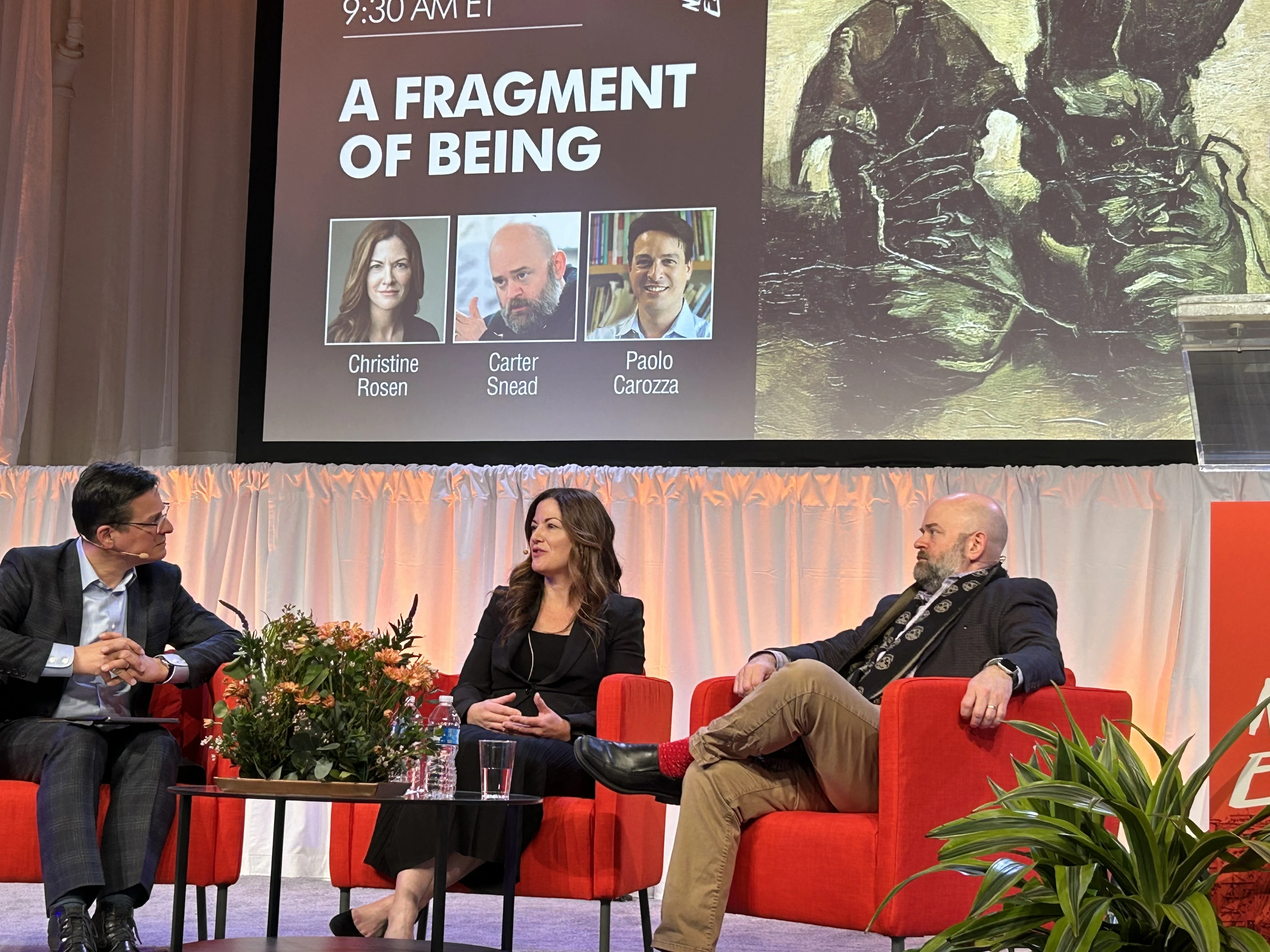The Hidden Cost of Technology: Are We Sacrificing Our Humanity?
As technology continues to advance at a rapid pace, the discussion surrounding its impact on our humanity becomes increasingly critical. Many experts warn that while technology offers remarkable conveniences and efficiencies, it may also be eroding fundamental aspects of what makes us human. This exploration delves into the implications of our digital reliance and what it means for our future.
The Double-Edged Sword of Technological Advancement
Technology has profoundly transformed our lives. From smartphones that keep us connected to the internet of things (IoT) that promises to make our homes smarter, the benefits seem to be endless. However, these advancements come with hidden costs that we may not fully comprehend.
- Social Isolation: While social media connects us to friends and family, it can also lead to feelings of loneliness. Studies show that increased screen time correlates with higher rates of depression and anxiety.
- Reduced Empathy: Digital communication often lacks the nuances of face-to-face interactions. This can diminish our ability to empathize with others, as non-verbal cues are absent in text-based conversations.
- Dependency: Our reliance on technology for daily tasks can lead to a decline in critical thinking and problem-solving skills. When we outsource our memory to devices, we may forget how to think independently.
The Impact on Communication
One of the most noticeable effects of technology on humanity is its impact on communication. The rise of instant messaging and social media has changed how we interact, often prioritizing speed over depth. While it’s easier than ever to stay in touch, the quality of our conversations often suffers.
Consider this: how many times have you had a meaningful conversation through a text message? The lack of personal interaction can lead to misunderstandings and misinterpretations, fostering conflict rather than connection. As we prioritize convenience, we risk losing the ability to engage in deep, meaningful dialogue.
The Loss of Privacy and Its Consequences
As we embrace technology, we often sacrifice our privacy without a second thought. The collection of personal data by companies has become commonplace, with many users unaware of the extent to which their information is being tracked and utilized. This loss of privacy can have profound implications for our humanity.
- Manipulation: With access to vast amounts of personal data, companies can manipulate our choices, steering us toward products or ideas that may not align with our true preferences.
- Surveillance Culture: The normalization of surveillance, both by governments and corporations, can create an atmosphere of distrust. This can inhibit our freedom of expression and discourage innovation.
The Impact on Mental Health
The hidden cost of technology extends deeply into our mental health. The constant barrage of notifications can lead to anxiety, as we feel compelled to respond immediately. Research indicates that social media usage is linked to increased feelings of inadequacy and dissatisfaction with life. The curated nature of online personas can create unrealistic expectations, leading to a cycle of comparison that is detrimental to our self-esteem.
Can Technology Enhance Our Humanity Instead?
Despite these challenges, it’s essential to recognize that technology doesn’t have to be a detriment to our humanity. When used thoughtfully, technology can enhance our lives in meaningful ways. Here are some ways technology can be a force for good:
- Facilitating Connections: Video conferencing tools allow us to maintain relationships over long distances. Families separated by geography can share moments together in real-time.
- Access to Information: The internet provides unprecedented access to educational resources. Individuals can learn new skills, cultures, and ideas at their own pace.
- Community Building: Online platforms can foster communities around shared interests, allowing people to connect with others who share their passions or challenges.
Striking a Balance
To ensure that we are not sacrificing our humanity at the altar of technology, it’s crucial to strike a balance. Here are some strategies to consider:
- Mindful Consumption: Be intentional about how and when you use technology. Set boundaries around screen time and prioritize face-to-face interactions.
- Digital Detox: Take regular breaks from technology to reconnect with yourself and those around you. This can help reduce anxiety and improve overall well-being.
- Educate Yourself: Stay informed about data privacy and the implications of technology on society. Knowledge empowers you to make informed decisions about your digital footprint.
A Hopeful Future
While the hidden costs of technology are significant, they do not spell doom for our humanity. Instead, they present an opportunity for reflection and growth. By recognizing the potential pitfalls and actively working to mitigate them, we can harness technology’s power to enhance our lives rather than detract from our humanity.
In conclusion, the rapid advancement of technology presents both challenges and opportunities. As we navigate this digital landscape, we must remain vigilant about the hidden costs that accompany our reliance on technology. By fostering meaningful connections, prioritizing our mental health, and maintaining a sense of privacy, we can ensure that we are not sacrificing our humanity in the name of progress. The road ahead may be complex, but it is also filled with promise, as we learn to coexist with technology in a way that enriches our lives and strengthens our communities.
See more Future Tech Daily

